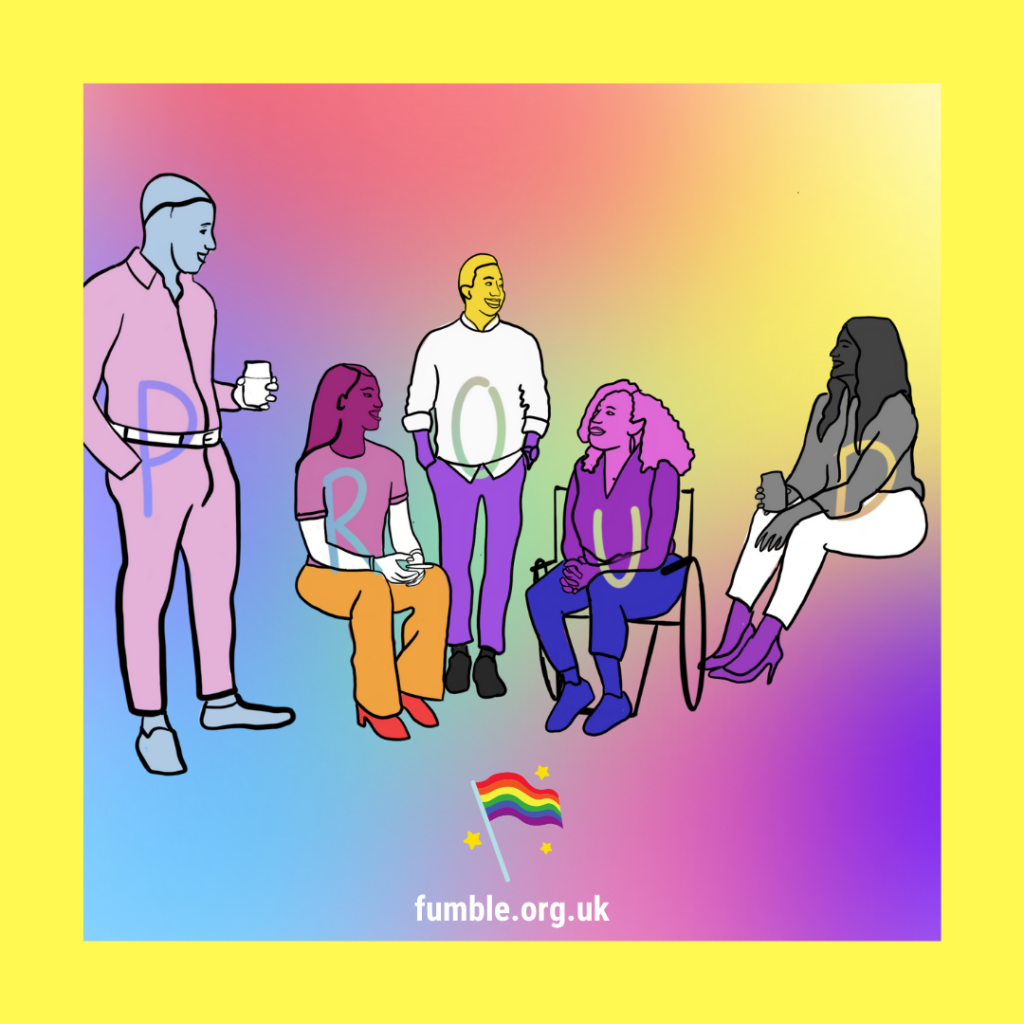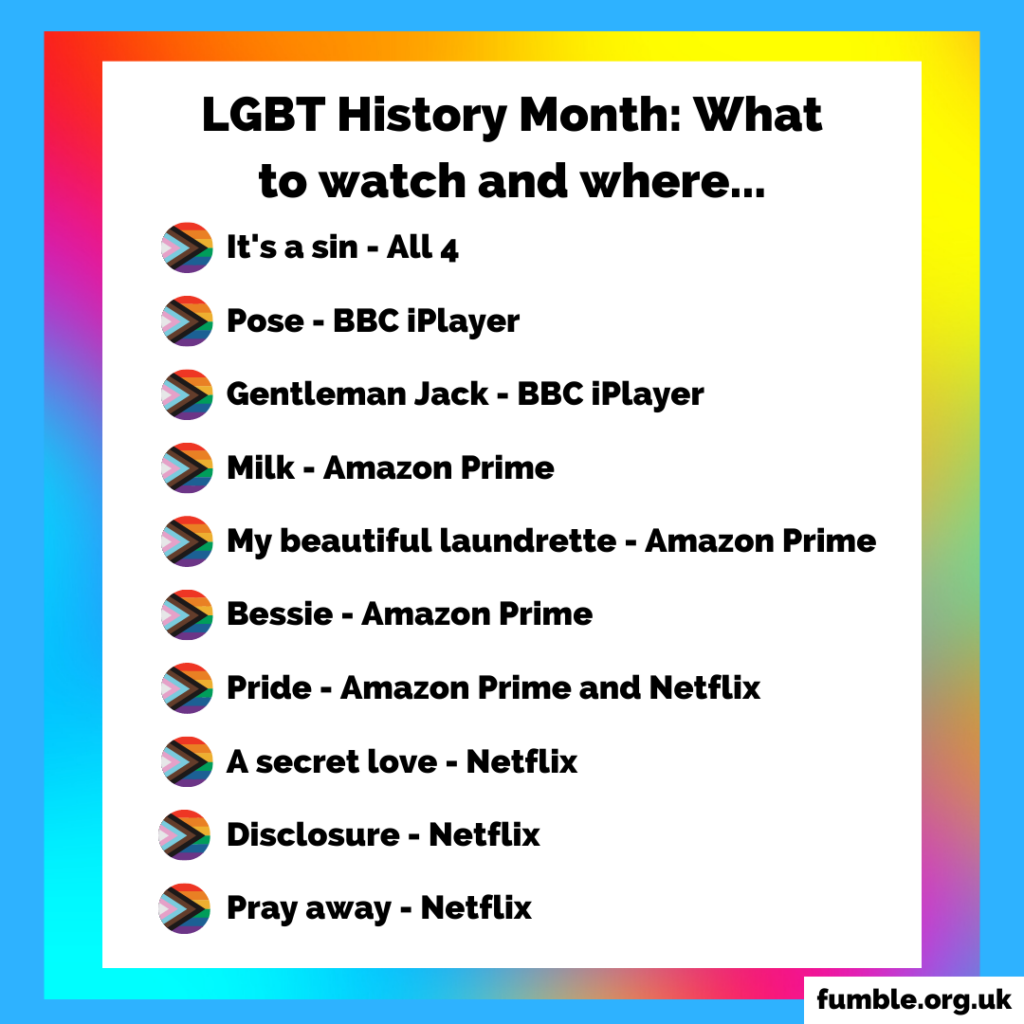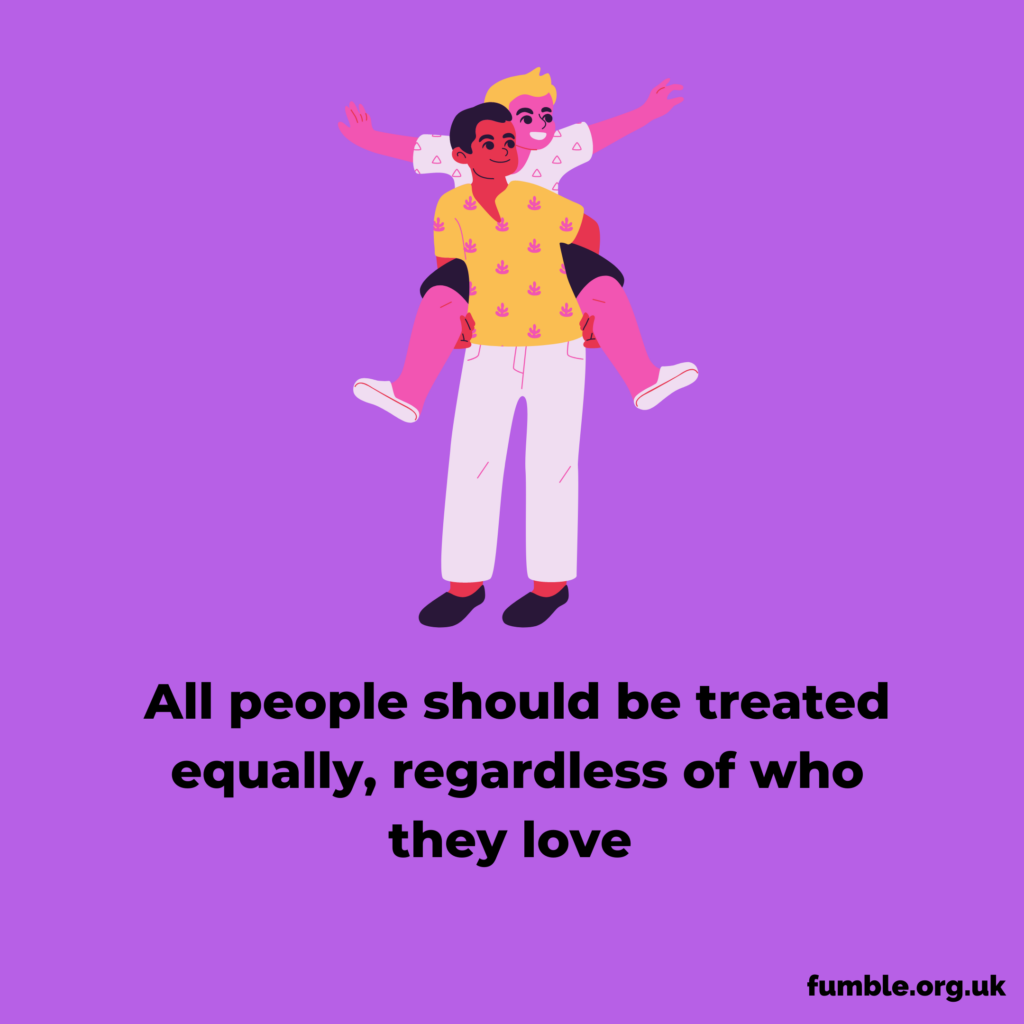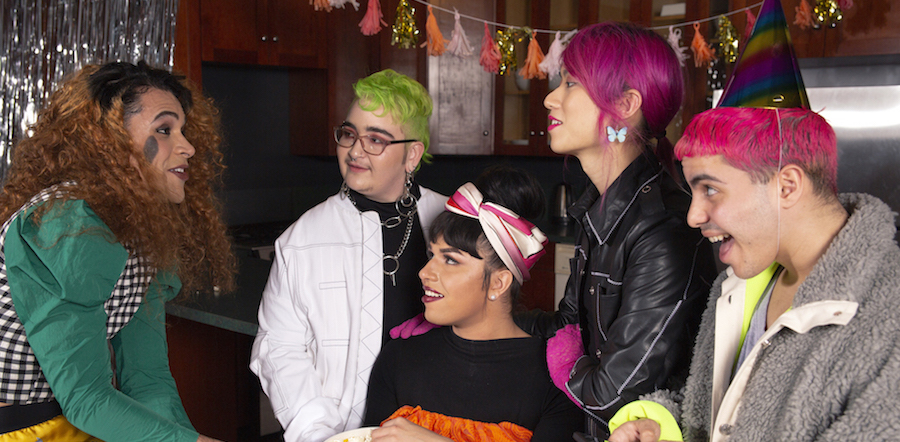3 simple steps towards being a good LGBTQ+ ally
You’re not LGBTQ+, so what has this acronym got to do with you? A whole bunch of things! Regardless of your sexuality, you can be an ally. That’s someone who actively supports LGBTQ+ people. Straight and cisgender people can be allies to LGBTQ+ people. LGBTQ+ people can be allies to each other.
Note: ‘cisgender’ (or cis) refers to people whose gender identity matches the one they were assigned at birth. For example, a cis man is someone who was born with a penis and testicles, was assigned male at birth, and identifies as a man too. Cis is the opposite of trans.
The LGBTQ+ acronym includes lots of different identities, to with people’s gender identity and/or people’s sexual orientation. Basically, it includes everyone who isn’t straight and/or cis.

In today’s society, there’s still an assumption that everyone is straight and cis. That means that it can be incredibly difficult to be a person who identifies as LGBTQ+: whether at home, at work, or in public spaces. It makes support very important, and there are many different ways to offer this.
Listen
It’s a huge support for LGBTQ+ people to have someone to talk to, without having to worry about being judged. Be that person. If you have friends who openly identify as LGBTQ+, or who are struggling with their identity, ask them how they are doing. Let them be themselves around you. Just be aware that just because someone has come out to you, they might not have done so with everyone.
Educate yourself
Use the internet! Do some research online and learn about the LGBTQ+ community. Watch TV shows and films that represent LGBTQ+ experiences. If you are a part of the community, you can learn about other people’s sexual orientations and gender identities. This not only empowers yourself, but shows you genuinely care about supporting LGBTQ+ people. It’s a proactive step in being an ally.

Challenge stereotypes and assumptions
There are lots of harmful stereotypes about LGBTQ+ people, which often make them feel marginalised, pigeonholed and discriminated against. As an ally, you can challenge these stereotypes – this means confronting your own assumptions, as well as other people’s. That goes for the ‘jokes’, too. Don’t call trans people slurs, don’t refer to LGBTQ+ people as ‘BLT’, and don’t walk around claiming all gay people are crushing on you. These comments are harmful. Call out other people who are saying such things. There’s no need to be aggressive, but be firm (and support yourself with your newly-found knowledge from researching).

Remember, you’re only human. None of us know everything. The newness of language can feel intimidating, but don’t be daunted! Learning how to be a good ally is a process, and it’s okay to admit you were wrong, to apologise, or to ask questions along the way.
Other support
- How to be an ally to people who are gender non-conforming: The school edition
- 6 ways to support someone who is transitioning
- What homophobia feels like
- Stonewall – 10 ways to be an ally to Black LGBTQ+ people
Read more
Last Reviewed 5 April 2023
Image Credit: The Gender Spectrum Collection



